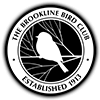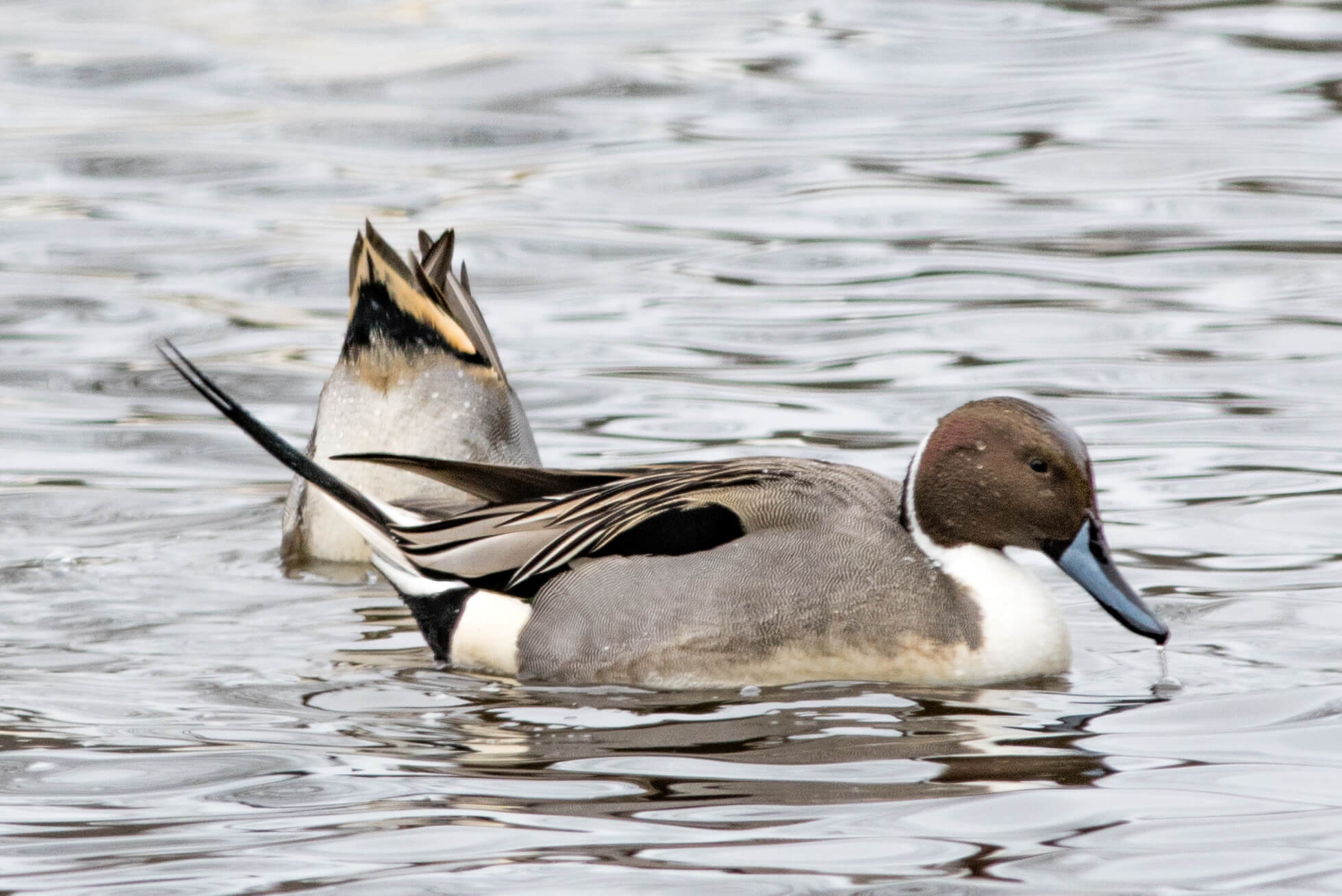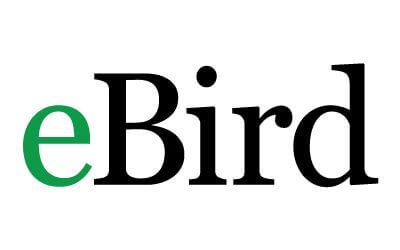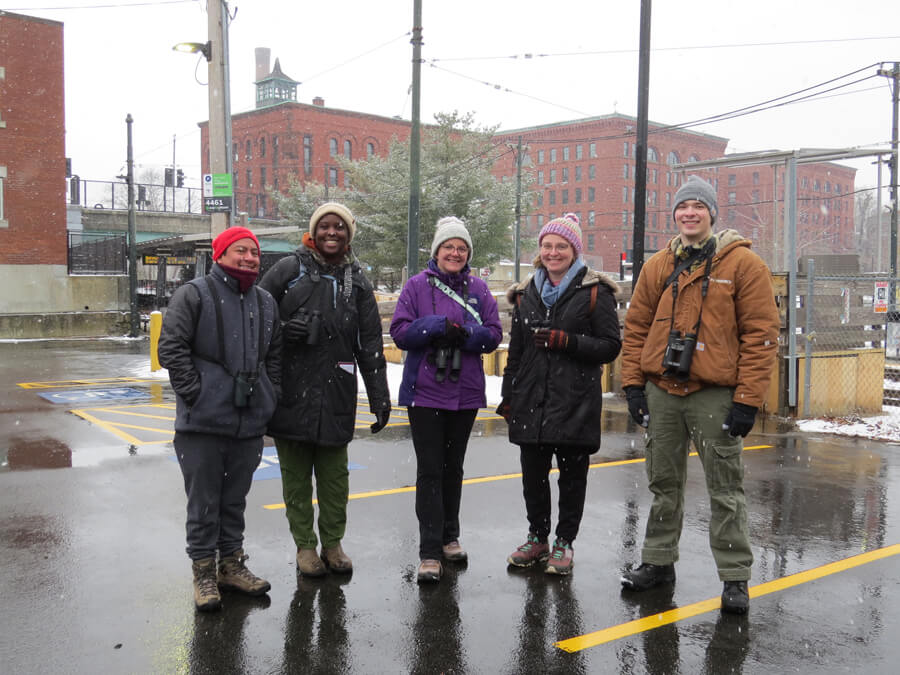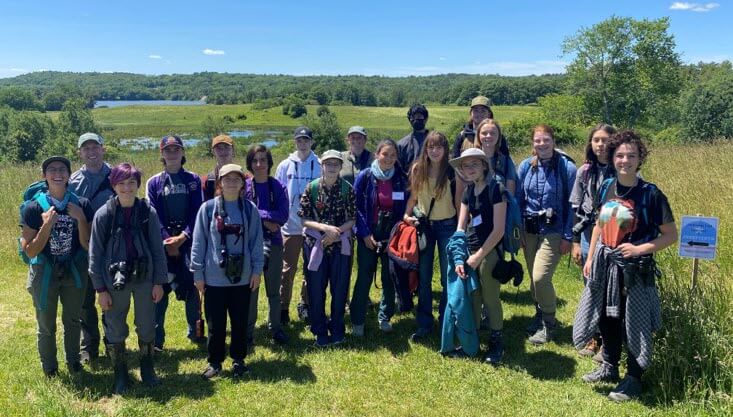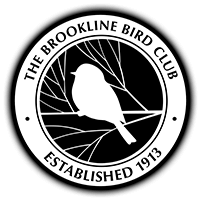Federal Bird Banding Lab Needs Support Now
Find contact information for your senators and representative.
The following is from a letter from author Scott Weidensaul received on May 22:
As some of you may be aware, there are reports that the federal Bird Banding Lab, which runs the entire U.S. bird banding program, has been slated by DOGE for elimination as soon as this week, along with the rest of the vital Ecosystems Mission Area at USGS. The U.S. Geological Survey Ecosystems Mission Area is responsible for many of the programs that serve millions of birders, hunters, anglers, gardeners, biologists, ecologists, and wildlife enthusiasts around the country–and importantly, the wildlife we treasure.
The consequences of such a move on birds and bird conservation would be incalculable. The BBL is the only source for bands and the federal permits that allow us to do the work we do; the loss of the banding lab would mean, frankly, an end to nearly 30 years of Northern Saw-whet Owl research. But the ramifications go far beyond one species of small owl. Without it, we will lose the backbone of environmental and ecological monitoring in the United States. This includes research that enables states to set hunting seasons, allows conservationists to understand and respond to declines in birds, bees and other wildlife, and tracks dangerous wildlife diseases and environmental pollutants that impact people and biodiversity. For example, most of the birds banded in North America are waterfowl, and banding and band return data are central to properly managing our waterfowl populations by setting scientifically defensible hunting seasons and bag limits. No data, and wildlife managers are working half-blind.
A serious concern is that defenders of the BBL manage to salvage the waterfowl management aspects of its work, but that the nongame banding and research is done away with. This has cross-border consequences since the BBL single-sources all the bird bands used in North America, so nongame banding in Canada overseen by the Canadian Wildlife Service would also cease if those elements of its work are eliminated.
On Friday “Field and Stream” magazine reported that the cuts could come as early as this Friday, with EMA staff told to draft plans for disposing of vehicles and supplies. The BBL has already seen significant cuts to its already small staff from long-serving employees who took early retirement offers.
What can you do? There will be a virtual rally to support the EMA this Thursday, May 22, at noon, organized by some of the largest and most important conservation NGOs and professional societies, including the National Wildlife Federation, American Bird Conservancy, Ecological Society of America, the Xerces Society, and the Wildlife Society. The response has been huge; when I signed up this morning to attend the confirmation indicated some 1.5 million Americans have said they will take part. The link is:
https://www.mobilize.us/nwf/event/790009
I don’t care if you’re red, blue or purple, this is a critical moment for bird conservation. The birds need you voice and your involvement.
Thanks, and hope to see you online Thursday.
Scott
News Categories
Upcoming Field Trips
Squantum – Quincy (CANCELED, MOVED TO AUGUST 2 & AUGUST 17)
Quincy - Squantum - Moswetuset Hummock Quincy, MA, United StatesThis trip was listed by mistake. Due to the tides, the best dates are August 2 and August 17. Please see those listings.
Belle Isle Marsh Marine Ecology Park, Winthrop
Winthrop - Belle Isle March and Marine Ecology Park Banks Street, Winthrop, MA, United StatesJoin the Brookline Bird Club in collaboration with Boston Nature Center to look for birds in a unique urban habitat that often draws numerous uncommon and rare birds. Target species include bobolinks, dunlin, egrets, falcons, hawks, herons, ibis, oystercatchers, plovers, ravens, sandpipers, sparrows, swallows & swifts, terns, warblers, vultures, and yellowlegs. Birders of all levels [...]
Shorebirds & More at Parker River NWR
Parker River NWR - Lot #1 Refuge Rd., Newbury, MA, MA, United StatesWe will be looking for Shorebirds and other Refuge specialties. We will drive and walk to various places on the Refuge. Note that an entrance fee or pass is required. Restroom available.
Squantum – Quincy
Quincy - Squantum - Moswetuset Hummock Quincy, MA, United StatesWe'll check the marshes and the mudflats in Squantum for shorebirds, starting at Moswetuset Hummock and visiting other spots nearby. At high tide (~6:15 am), we'll try checking the high tide roosts for shorebirds as well. Be prepared for the possibility of biting insects. Cosponsored with South Shore Bird Club.
An Oasis for Birds at Belle Isle Marsh
East Boston - Belle Isle Parking Lot 1399 Bennington Street, Boston, MA, United StatesJoin DCR park staff for a relaxed, one-mile bird walk through flat, easy terrain at this Massachusetts State Reservation and birding hot spot. At Belle Isle and at additional nearby locations— We’ll search for large groups of herons and egrets, and shorebird rarities. Participants are responsible for their own transportation between locations (by car or [...]
